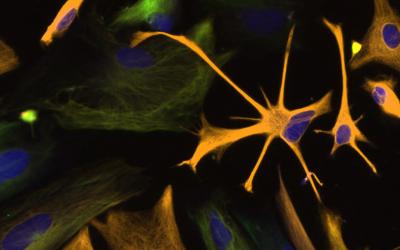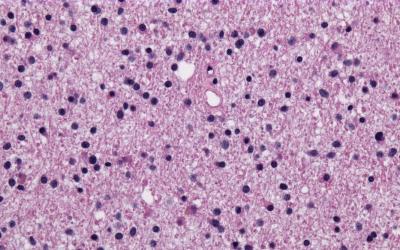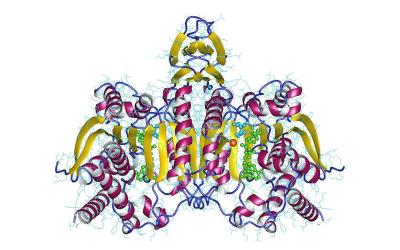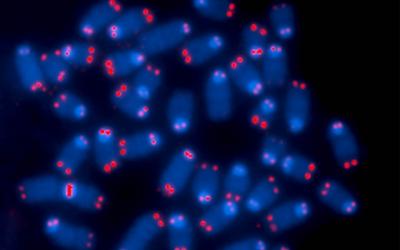
Research
The Pieper Lab is interested in developing better therapies for the treatment of glioma. Gliomas are among the most incurable of human malignancies, and even with aggressive therapy, the average survival of patients with glioblastoma (GBM), the most refractory form of glioma, averages less than 2 years. GBMs display a wide variety of genetic and epigenetic alterations that are thought to contribute to gliomagenesis. The altered signaling pathways in GBM, however also serve as targets for inhibition of tumor growth.
Projects in the Pieper Lab are directed at better understanding which pathways are critical for glioma formation, and in rationally developing therapies that target these pathways. Studies also focus on the means by which alterations in signal transduction pathway lead to drug resistance. The studies combine pharmacology and molecular biology with cellular and animal models to help move findings in the lab to the clinical setting.




